Democracy and Education in the Age of Renascent Nationalism
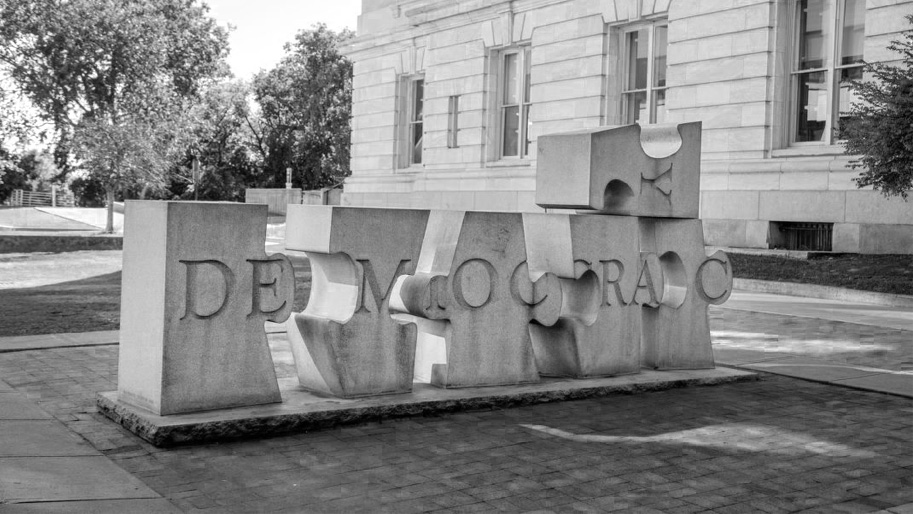 © Carol M. Highsmith
© Carol M. Highsmith
Are we taking democracy for granted? What is its current state in the western world and how can we ensure its well-being in the future? With the upcoming U.S. presidential election seen by many as a pivotal event, 2020 is a year that yields potentially crucial political developments and decisions with important consequences for the future opportunities and challenges of democracy. At the same time, renascent nationalism, right-wing populism, and other extreme political currents are on the rise in many countries, with educators struggling to lay foundations for a democracy for the next generations of world citizens.
This public panel is preceded by a student workshop open to students in the fields of Social Sciences, Political Science, Philosophy, Education, German Studies, Modern Languages and European Studies. Interested students can register here.
Event Recording
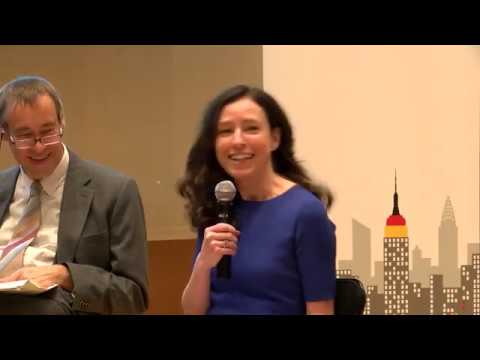
To play the video, click the thumbnail. Once activated data will be transmitted to the respective provider. Watch on YouTube
Public Panel Discussion & Networking Reception:
Democracy and Education in the Age of Renascent Nationalism
7-9PM
The public panel discussion will bring together expert researchers on education and democracy from Germany and the U.S with representatives of political foundations, education centers, the media and the interested public. The panelists will address the current political situation of democracy in Germany and the U.S. under siege by the world-wide rise of renascent nationalism and right-wing populism. What effects have these developments had on public diplomacy? Are we still able to foster mutual trust and strengthen international relationships while many countries are politically divided within their own borders? The panel will further examine the relation between democracy and education, and the roles and strategies by different stakeholders in educating the society towards a sustainable democracy in the future.
with welcoming remarks by
David Gill
Consul General, Consulate General of the Federal Republic of Germany in New York
Eva Bosbach
Executive Director, University of Cologne New York Office
Moderator
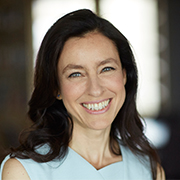
Amy Davidson Sorkin is a staff writer at the New Yorker, where her regular contributions include the magazine’s “Comment” feature. Sorkin has been at the New Yorker since 1995, and as a senior editor for many years she focused on national security, international reporting, and features. She then helped to reconceive newyorker.com and served as the site’s executive editor. From 1993 to 1994, she was a Robert Bosch Tutor at Leipzig University. Sorkin graduated from Harvard College and is a member of the Council on Foreign Relations. She lives in New York City.Staff Writer and Senior Editor for National Security, International Reporting, and Features, The New Yorker
Panelists
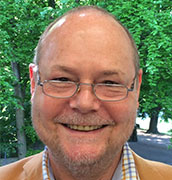
Stefan Neubert is Professor of Education, Director of the Center for International Relations, and Director of the Dewey-Center at the University of Cologne. Professor Neubert has published extensively on the relationship between democracy and education as well as on the work of John Dewey. He most recently co-edited the book New Studies in Deweyan Education: Democracy and Education Revisited (Routledge 2020), which offers a contemporary perspective on some of Dewey’s most influential writings. Professor Neubert is a strong supporter of international teacher training and a leading researcher on philosophical and educational issues with a focus on cultural and political theories such as constructivism, pragmatism, and deconstructivism.Professor of Education, Director of the Dewey-Center, and Director of the Center for International Relations at the University of Cologne, Germany
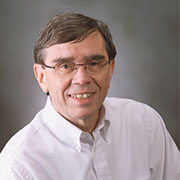
Jim Garrison is a Professor at the School of Education at the Virginia Polytechnic Institute and State University (Blacksburg). His primary research topics include the philosophy of education and philosophical pragmatism. His books include Dewey and Eros: Wisdom and Desire in the Art of Teaching (Teachers College Press, 1997); John Dewey's Philosophy of Education (Palgrave MacMillan, 2012); Teaching with Reverence (Palgrave MacMillan, 2012), and most recently Empirical Philosophical Investigations In Education and Embodied Experience (Palgrave MacMillan, 2018). Professor Garrison has been an active member of the John Dewey Society, serving as President from 2007 to 2009.Professor of Philosophy of Education, Virginia Tech, U.S.A.

Judith M. Green is Professor of Philosophy at Fordham University in New York City, where she teaches both undergraduate and graduate students in courses about ethics, social and political philosophy, African American philosophy, Native American philosophy, feminist theory, environmental studies, and urban studies. She has authored many essays and books on the topic of American pragmatism, including her forthcoming book, Pragmatist Political Economy: Deep Democracy, Economic Justice, Complex Sustainability, Positive Peace. Judith Green convenes monthly meetings of the New York Pragmatist Forum, which welcomes presentations of work in progress.Professor of Philosophy, Fordham University, U.S.A.
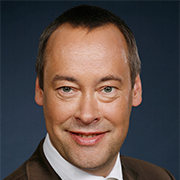
Thomas Krüger is the Director of the Federal Agency for Civic Education (BPB). Krüger began his political career in 1989 as one of the founding members of the Social Democratic Party (SPD) of the GDR whose secretary he was until 1990. Since then he has also worked for the Lord Mayor of East Berlin, and post Germany unification he has served as Deputy Chairman of the Berlin SPD, City Councilor for internal affairs, Senator for Youth and Family of the city of Berlin, and was also a Member of the German Parliament (Deutscher Bundestag).President, Federal Agency for Civic Education, Germany
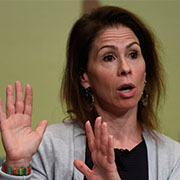
Sheri Berman is Professor of Political Science at Barnard College, Columbia University. Her research interests include the development of democracy and dictatorship, European politics, populism and fascism, and the history of the left. She is author of books on European social democracy and the fate of democracy during the interwar years, social democracy and fascism in 19th and 20th century Europe and her latest book is Democracy and Dictatorship in Europe: From the Ancien Régime to the Present Day. In addition to scholarly work on these and other subjects, she has published in a wide variety of non-scholarly publications including the New York Times, The Wall Street Journal, Washington Post, Foreign Affairs, Foreign Policy, VOX, The Guardian and Dissent.Professor of Political Science, Barnard College, Columbia University, U.S.A.

Event Information
March 10, 2020, 7:00 PM to 9:00 PM
German House, 871 United Nations Plaza
Organizer(s): University of Cologne New York Office, German Center for Research and Innovation (DWIH NY), Virginia Tech, German Consulate General New York
German Consulate General New York
German Consulate General New York
Address:
871 United Nations Plaza
New York, NY 10017
Phone:
(212) 610 - 9700
Email:
events.newyork@dwih.org
